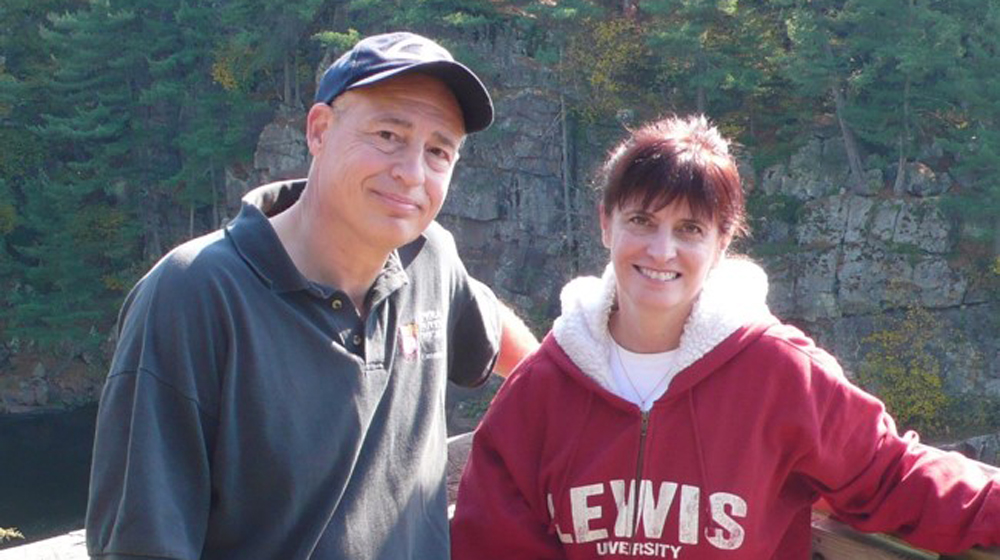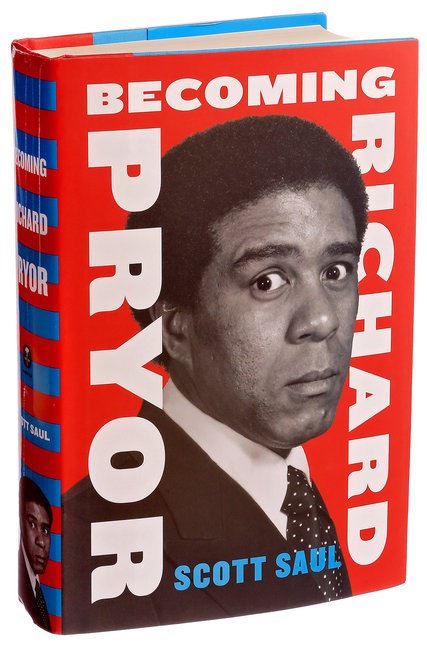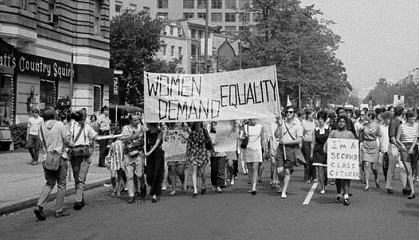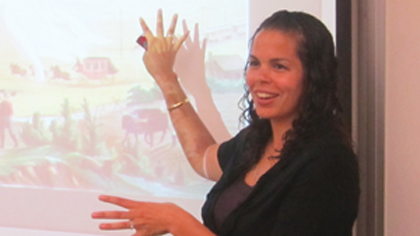archive

"Civil War Chicago: Eyewitness to History" on October 20th
Professor of History Theodore J. Karamanski, PhD and Loyola alumna Eileen M. McMahon, PhD, will discuss their new book on the Civil War’s transformative role in Chicago's development.

Richard Pryor Biographer to Speak at Loyola
Scott Saul, the author of Becoming Richard Pryor, will give a public lecture on the comedian entitled "Living with Richard Pryor: A Biographer's Tale" on Friday, April 24 at 3 PM.
Timothy Gilfoyle on "The Changing Forms of History"
Should history be a book discipline? What constitutes "acceptable scholarship" in history? Professor Timothy Gilfoyle considers the rich and diverse forms that historical scholarship take from books, digital media, and public history projects in his article "The Changing Forms of History" in April's edition of Perspectives on History, the AHA newsmagazine.

"The Rise of the Nation-Saint" on November 5th
Prof. Kathleen Sprows Cummings, University of Notre Dame, discusses a pre-circulated paper on the efforts of U.S. Catholics to secure their first canonized saint for the third meeting of the 2015-2016 Ramonat Seminar Series.

Voices of Chicago Women Activists
Celebrate Women's History Month with the Women & Leadership Archives and the Chicago Area Women's History Council. Come hear multimedia excerpts of oral histories by Columbia College honors students featuring Chicago women activists and leaders. The event will be held on Sunday, March 16th from 2:00pm-5:00pm on the 1st floor of Piper Hall.

What was Chrysler Village and how did it get its name?
Public History graduate students know and shared their work on a historic nomination for the neighborhood with Ask Geoffrey on WTTW the other night.
LEARN MORE
Closing the Gap
Sarah Doherty (PhD '12) reflects on the importance of the Preparing Future Faculty Program in equipping her, and other minority doctoral students, with the skills necessary for a career in academia.
LEARN MOREMeet the Summer Session A Interns

This summer Loyola History undergraduates have undertaken HIST 398 internships in order to learn how to design and build things: online exhibitions, digital archives, classroom curricula, and complex statistical analyses. HIST 398 gives undergraduates the opportunity to earn 3 credit hours and to satisfy Loyola’s Engaged Learning requirement in return for interning on a historically-based project of their choosing. Four dedicated students are working closely with archivists, educators, and faculty this Summer Session A. They are putting the skills they have learned in the classroom to work in various “real world” applications. I invite you to follow their experiences on their blogs.
In preparation for the commemoration of the 25th anniversary of the assassination of Ignacio Ellacuria, S.J., senior Al Salatka is working with Dr. Dina Berger on an online exhibition of Ellacuria’s visit to Loyola in 1986. As President of the Universidad Centroamericana in San Salvador and a leading proponent of liberation theology, Ellacuria sought justice for marginalized and indigenous populations in El Salvador up to his death in 1989. Al’s blog documents the work that goes into creating an online exhibition, but is also an insightful (and powerful) view into campus politics in the 1980s, when Loyola was a hotbed of activism.
Jim Naughton is studying Loyola as well, only a century earlier. He is tracking down the origins of some of the oldest books owned by St Ignatius College (precursor to today’s Loyola University). As an intern on the Jesuit Libraries Provenance Project, Jim is digitizing, editing, and researching 600 + books that reside in Special Collections that were once part of the original 1870s library of St Ignatius College. Jim’s blog shares some of his exciting finds: the original rules for the Gentleman’s Sodality Library, which predates the library of St Ignatius; a fascinating set of Martin Luther’s work in German, published in the 1560s and 70s; and a Polyglot Bible. (Don’t know what the last is? Read Jim’s blog to find out).
Over on the southwest side of the city, David Castro is channeling his love of history and narrative into an internship working with Dr. Monique Redeaux at the Donald Morrill Elementary School. David’s blog documents his work drawing on his own personal experience to develop an elementary school unit plan for teaching about the development of street organizations. Learning firsthand in the classroom from Dr Redeaux and her students, David touchingly connects his own training at Loyola with the experience of primary school students.
What can numbers tell us about the past? How do historians use quantitative studies to tell us about the experience of individuals and communities? Those are some of the questions that Stats student Nathan Mattan is exploring in his internship this summer working with Dr. Kyle Roberts. As Dr. Roberts’ finishes his book on religion in nineteenth-century New York City, Nathan is helping him gather data and run statistical analyses to test his hypotheses about the city’s spiritual marketplace. In his blog, Nathan brings his own understanding of statistical analyses to works on New York urban history. The result is a fascinating take on what numbers can really tell us.
Where will you intern this year? More information about the internship program can be found on the department website, at the Loyola Undergraduate History Internships blog, and by contacting Dr. Roberts (kroberts2@luc.edu). The registration deadline for Summer Session B is June 26th and for the Fall Semester is August 28th.
